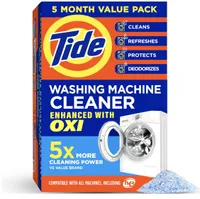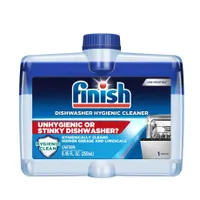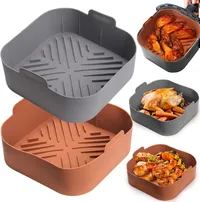I do this every week to extend the life of my kitchen appliances — here's why you should too
How to make your kitchen appliances last longer (and save money in the long run)
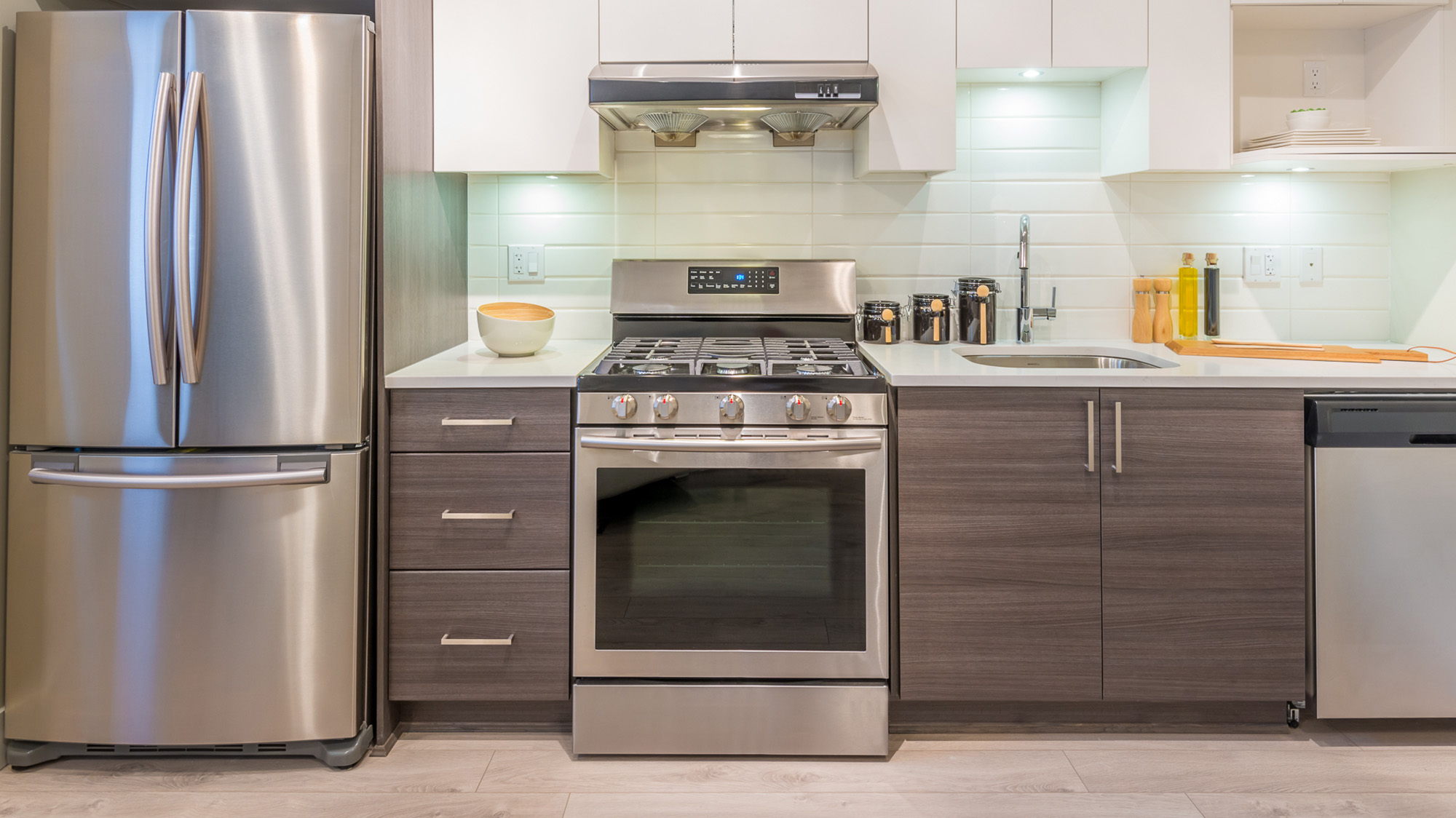
Here at Tom’s Guide our expert editors are committed to bringing you the best news, reviews and guides to help you stay informed and ahead of the curve!
You are now subscribed
Your newsletter sign-up was successful
Want to add more newsletters?

Daily (Mon-Sun)
Tom's Guide Daily
Sign up to get the latest updates on all of your favorite content! From cutting-edge tech news and the hottest streaming buzz to unbeatable deals on the best products and in-depth reviews, we’ve got you covered.

Weekly on Thursday
Tom's AI Guide
Be AI savvy with your weekly newsletter summing up all the biggest AI news you need to know. Plus, analysis from our AI editor and tips on how to use the latest AI tools!

Weekly on Friday
Tom's iGuide
Unlock the vast world of Apple news straight to your inbox. With coverage on everything from exciting product launches to essential software updates, this is your go-to source for the latest updates on all the best Apple content.

Weekly on Monday
Tom's Streaming Guide
Our weekly newsletter is expertly crafted to immerse you in the world of streaming. Stay updated on the latest releases and our top recommendations across your favorite streaming platforms.
Join the club
Get full access to premium articles, exclusive features and a growing list of member rewards.
Your kitchen appliances work hard every day, from keeping food fresh to cleaning dishes and cooking meals. With proper care and regular maintenance, these essential tools can serve you reliably for 10-15 years or more. The key is knowing what to do and when to do it.
Most homeowners replace their kitchen appliances far sooner than necessary, often spending thousands on replacements that could have been avoided with simple preventive care.
Well-maintained appliances use less energy, which translates to lower utility bills month after month. They also maintain consistent performance, so your food stays fresher longer.
A few minutes of care each week can save you hundreds or thousands of pounds in premature replacements and unexpected repair bills.
Why regular maintenance makes a difference
Consistent appliance care delivers three major benefits that compound over time. First, it significantly extends the lifespan of your appliances, delaying costly replacements and maximizing your initial investment.
Second, well-maintained appliances operate more efficiently, keeping energy bills lower and performance consistent. Third, regular attention reduces the likelihood of unexpected breakdowns and expensive repair calls that can disrupt your daily routine.
Think of appliance maintenance like car servicing — small, regular investments prevent major problems down the line.
Get instant access to breaking news, the hottest reviews, great deals and helpful tips.
Essential maintenance for major appliances
1. Refrigerators and freezers
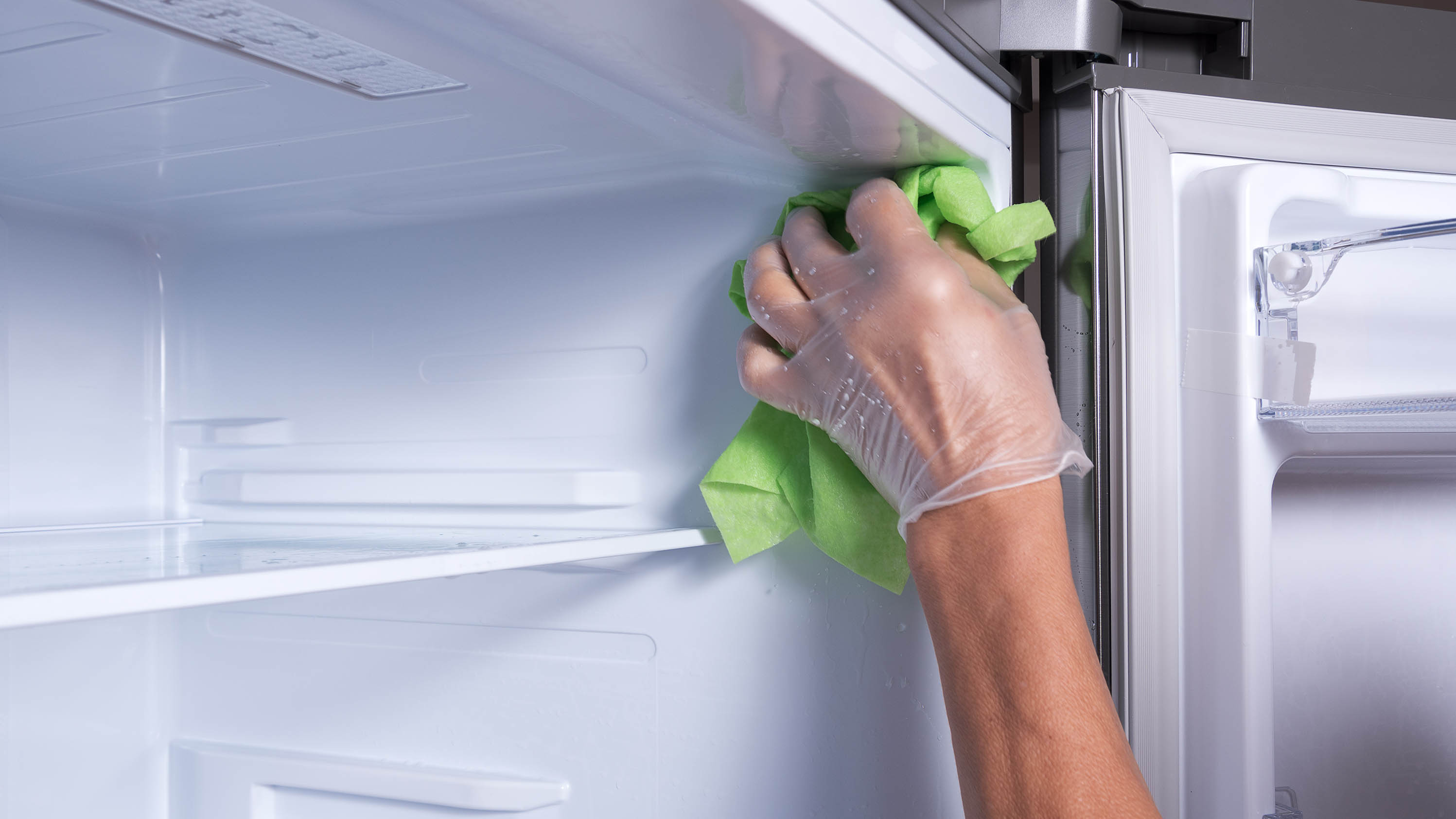
Your fridge works 24/7, making it one of your hardest-working appliances. Keep the interior clean with weekly wipe-downs and monthly deep cleans.
Make sure you have the correct temperatures set: 37-40°F (3-4°C) for the fridge and 0°F (-18°C) for the freezer. When ice build up reaches quarter-inch thickness, defrost it.
Check door seals monthly by placing a piece of paper in the closed door - if it slides out easily, the seal needs attention. Clean the coils at the back or underneath every six months to maintain efficiency, as dust buildup forces the compressor to work harder.
Avoid keeping your fridge in areas with extreme temperatures — ambient temperatures above 78°F force the compressor to work overtime, reducing its lifespan significantly.
2. Washing machines
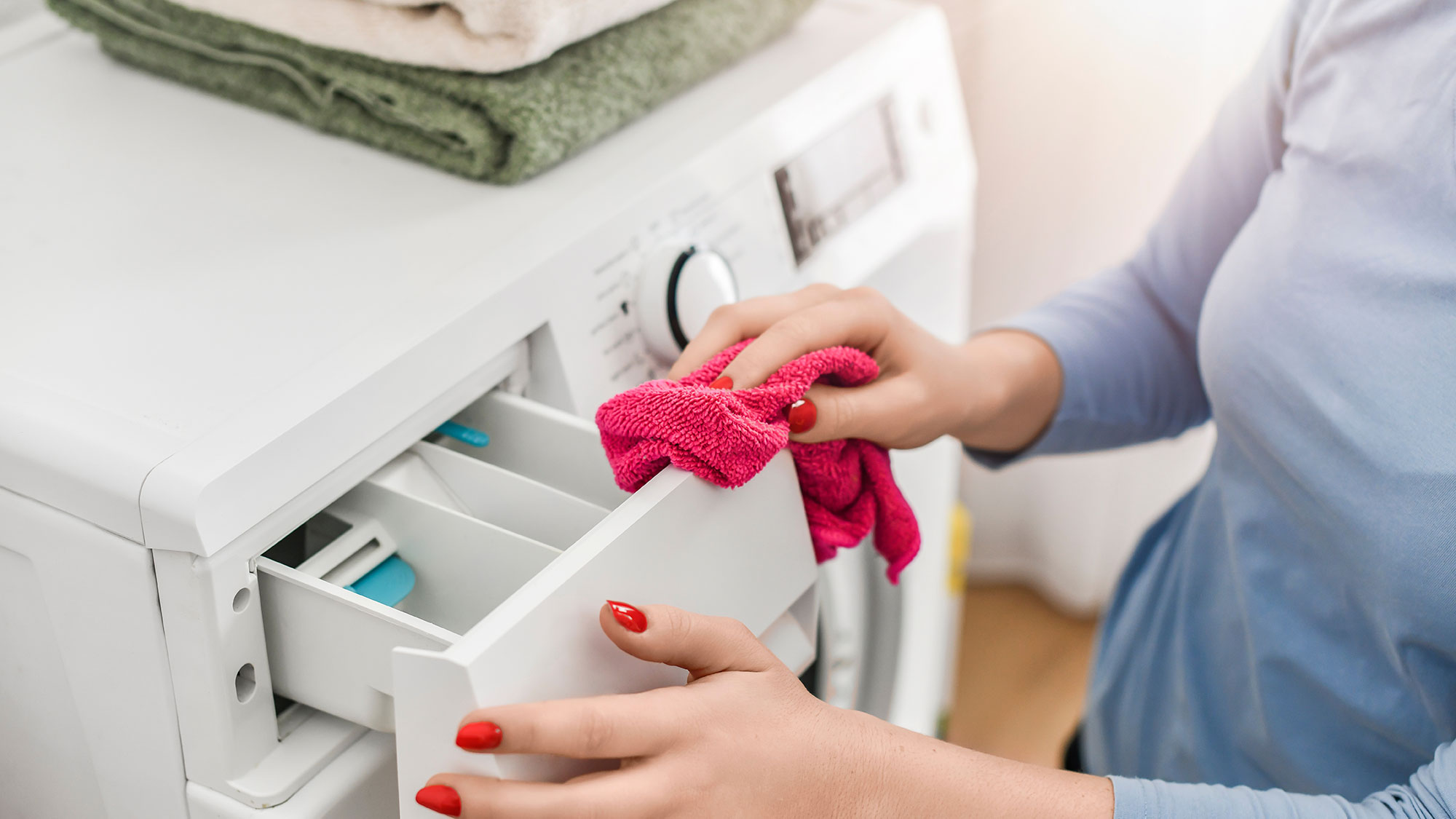
Washing machines need regular attention to prevent mold, odors, and mechanical issues. Weekly, after your washing has been cleaned and the drum emptied, leave the door open for an hour so to allow air circulation.
If your washing machine has a detergent drawer, pull it out completely and let it soak in warm, soapy water. Use an old toothbrush to scrub away any stubborn detergent residue or fabric softener buildup from the corners and crevices. Rinse thoroughly and slide it back into place.
While that's soaking, take a damp microfiber cloth and wipe down the exterior of the machine, including the control panel and door handle. After the cleaning cycle has run for about an hour, you can close the door and allow the machine to complete its full cycle.
Check and clean the filter every few months, as a blocked filter can cause poor drainage and mechanical strain. It's also really important to always use the appropriate amount of detergent for your load size (and in some cases water hardness), as too much soap creates buildup that harbors bacteria.
Suitable for front and top loading washing machines, Tide's deep cleaning odor eliminator contains 3 pre-measured individual packets for monthly use. The cleaner also had the power of OXI and TAED to boost cleaning action on your washing machine by 20%.
3. Dishwashers
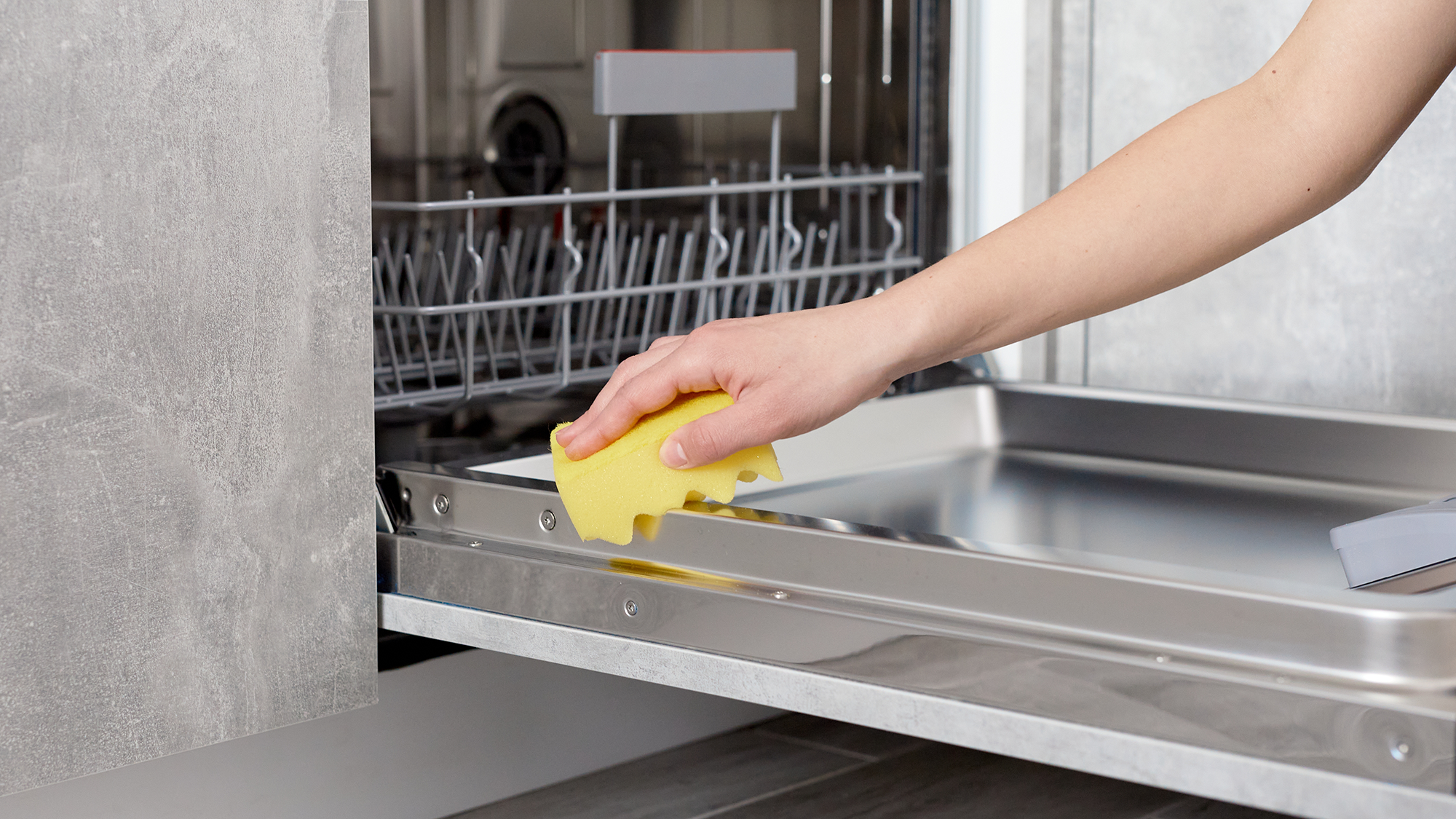
Regular cleaning extends your dishwasher's lifespan by preventing component damage from buildup. Give the interior a weekly wipe with warm, soapy water, drying thoroughly to prevent corrosive black spots from developing.
Use a vinegar and water solution with a non-abrasive sponge for the inside door, and run a monthly cleaning cycle to remove limescale buildup that damages heating elements over time.
Clean the filter with warm water, as accumulated debris causes odors and strains the drainage system, which can lead to costly pump repairs. And similarly to washing machines, never overload your dishwasher or use regular dish soap, as this creates suds that can harm the pumps and motors.
This Finish dishwasher cleaner breaks down and removes limescale and grease build-up, leaving your dishwasher clean and fresh while it fights odor. The pack should be placed inside your dishwasher and run on the hottest setting, and is recommended to be used monthly.
4. Ovens
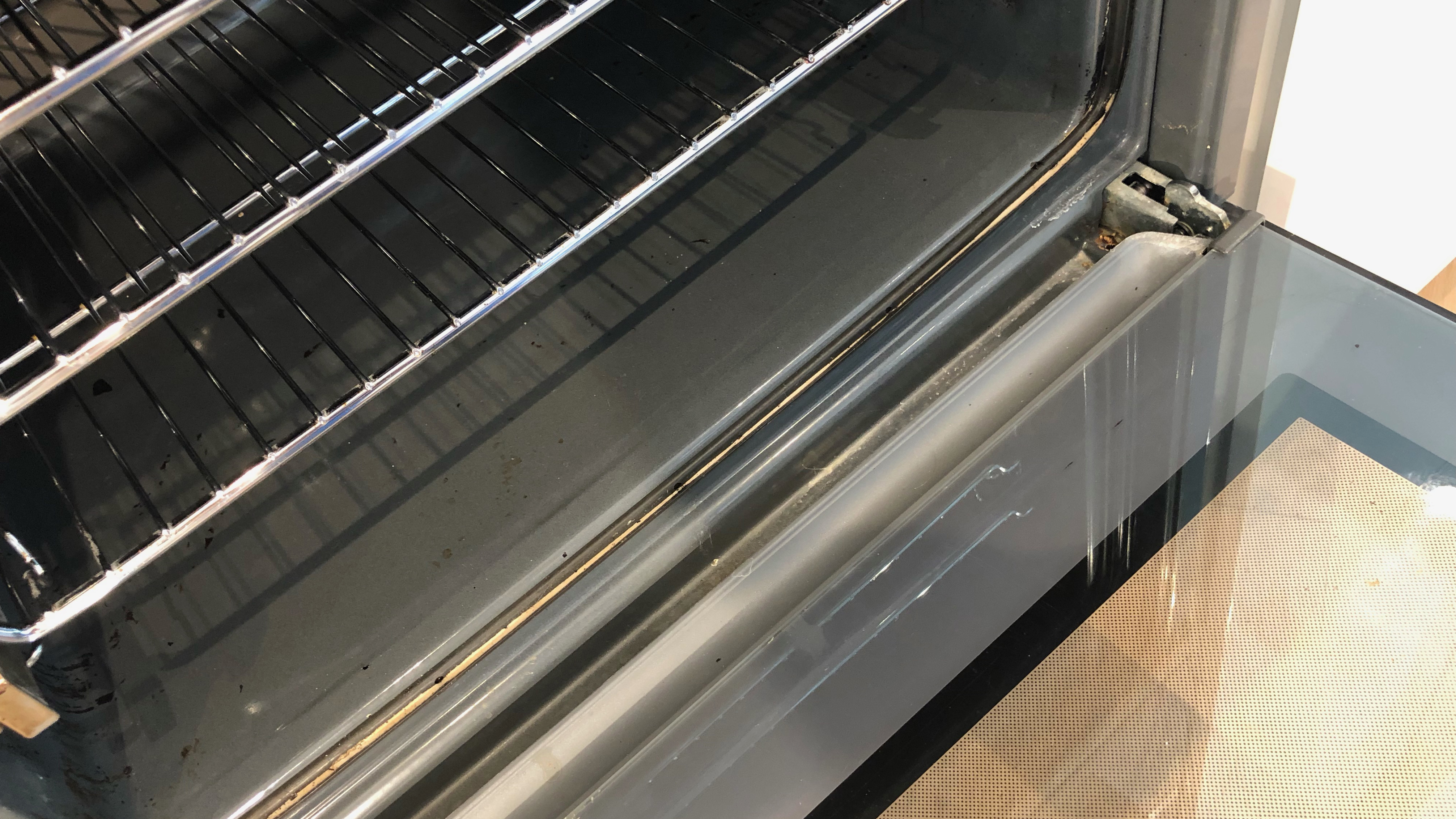
Consistent cleaning extends your oven's lifespan by preventing grease buildup that can damage heating elements and door seals. Clean spills while the appliance is still warm but safe to touch — this prevents baked-on messes that require harsh scrubbing later.
Give your oven interior a weekly wipe-down to remove grease and food particles that can cause smoke and odors. Use the self-cleaning function quarterly if available, or deep clean manually with appropriate oven cleaners.
Check oven door seals annually and replace if damaged, as poor seals waste energy and affect cooking performance. For gas appliances, ensure burner ports stay clear and flames burn blue, not yellow.
Ignoring unusual noises, longer preheating times, or uneven cooking can lead to complete failure. Address these warning signs promptly to prevent expensive repairs.
5. Air fryers
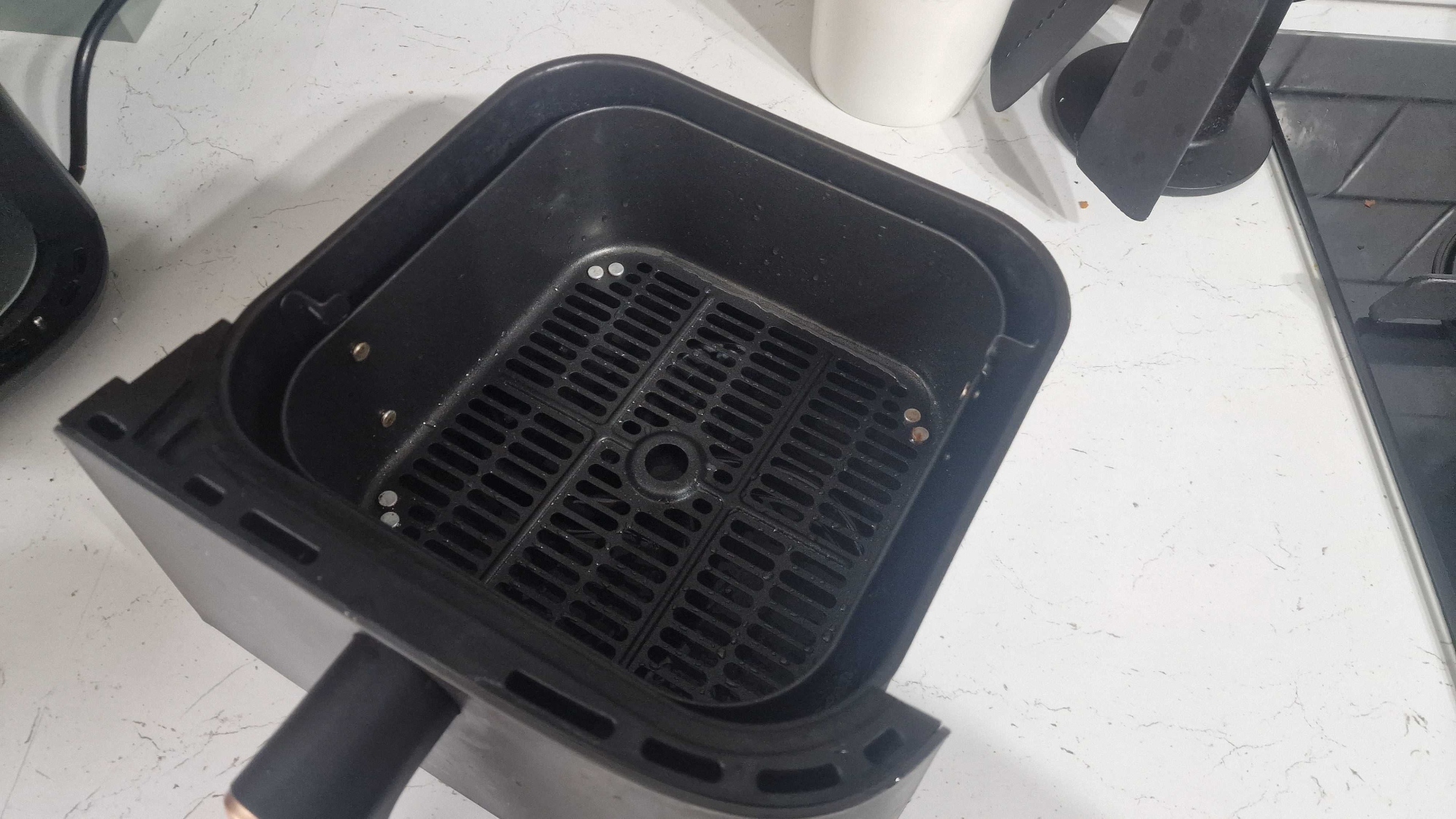
Air fryers have become kitchen essentials, but they need regular care to maintain performance and prevent odors.
Clean the basket and tray after every use with warm soapy water, as stuck-on grease affects air circulation and creates smoke during cooking. Also, wipe down the interior regularly to prevent grease buildup on heating elements.
Check the heating element monthly for food debris and clean gently with a soft brush if needed. Replace parchment paper or liners regularly, and avoid using cooking sprays that can damage non-stick coatings over time.
This two-pack of silicon air fryer liners will keep your air fryer cleaner, while cooking your food at the same time. They are made from food-grade silicone and can also be used in an instant pot, microwave and oven, up to a temperature of 450°F.
6. Small appliances
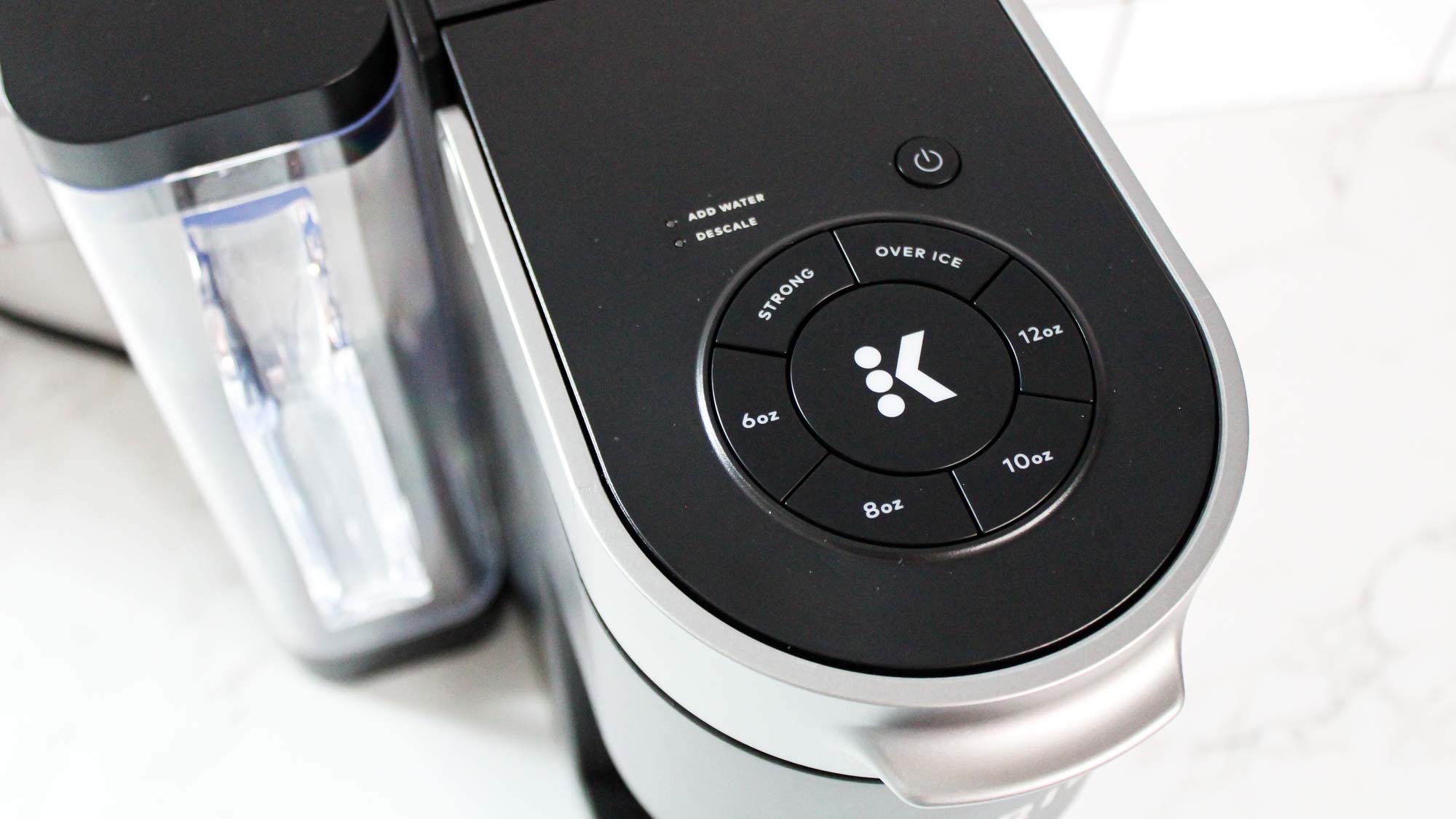
Don't forget your other kitchen helpers. Descale coffee makers and kettles in hard water areas using white vinegar or commercial descaler.
Clean toaster crumb trays weekly and check heating elements for damage. Also, deep clean blenders and food processors after each use, paying special attention to blade assemblies.
Signs that indicate it's time to replace
Even well-maintained appliances eventually need replacement. Generally, if repair costs exceed 50% of replacement value, or if the appliance is over 10-15 years old with declining performance, replacement makes more financial sense.
Energy efficiency improvements in newer models can also justify earlier replacement. A 20-year-old refrigerator uses significantly more energy than modern equivalents, making replacement cost-effective even if the old unit still functions.
With consistent care and attention, your kitchen appliances will reward you with years of reliable service, lower energy bills, and fewer unexpected breakdowns. The small time investment in regular maintenance pays dividends in performance, longevity, and peace of mind.
Now you've learned these maintenance tips to keep your kitchen appliances running like new, why not take a look at our other useful guides?
If you're after an insect-free kitchen, check out these 9 expert tips to keep them away this summer. And don't miss 7 easy steps to keep your wet and dry vacuum running like new and 4 quick tips to clean a grill — without the mess.
More from Tom's Guide
- 7 easy ways to keep birds cool this summer
- Experts share how waste water can be re-used in your yard
- This DIY air cooler cost me nothing — and it actually worked in a heatwave

Kaycee is Tom's Guide's How-To Editor, known for tutorials that get straight to what works. She writes across phones, homes, TVs and everything in between — because life doesn't stick to categories and neither should good advice. She's spent years in content creation doing one thing really well: making complicated things click. Kaycee is also an award-winning poet and co-editor at Fox and Star Books.
You must confirm your public display name before commenting
Please logout and then login again, you will then be prompted to enter your display name.
 Club Benefits
Club Benefits










